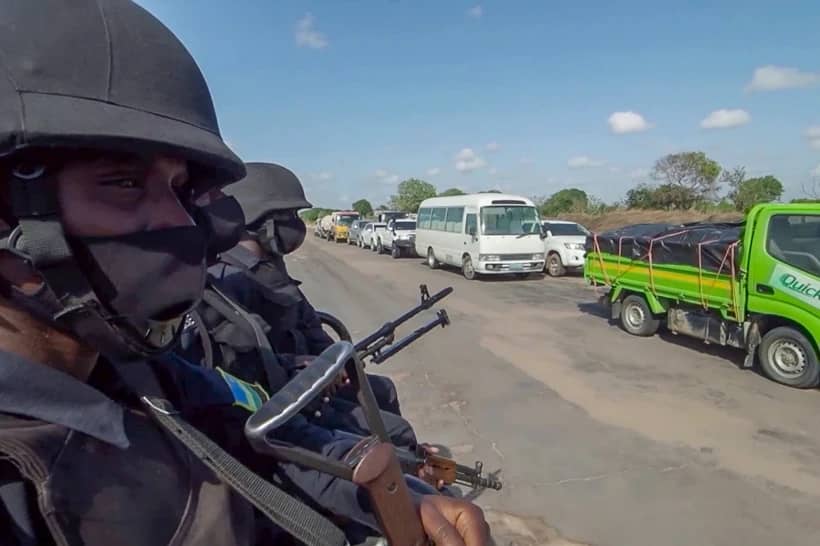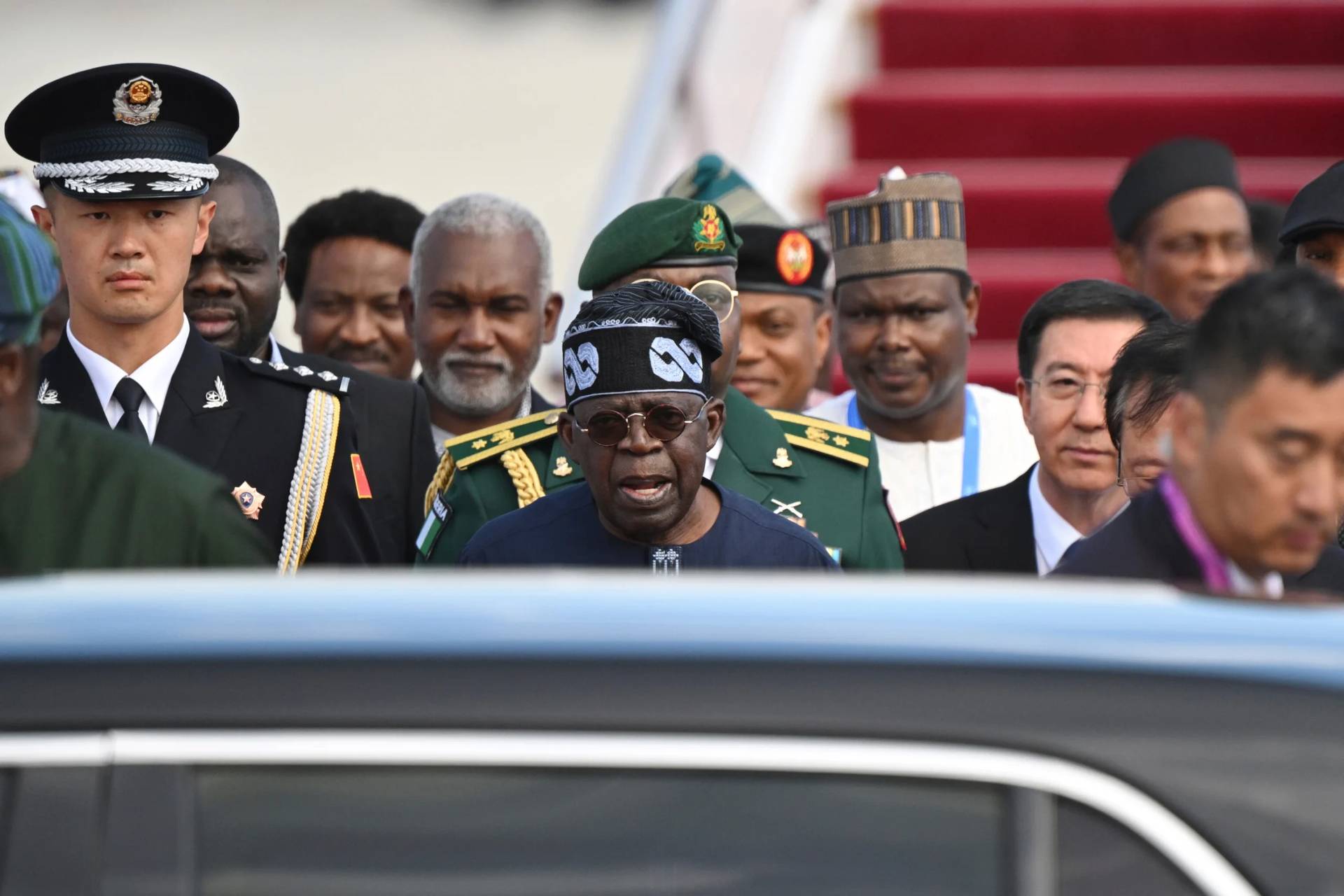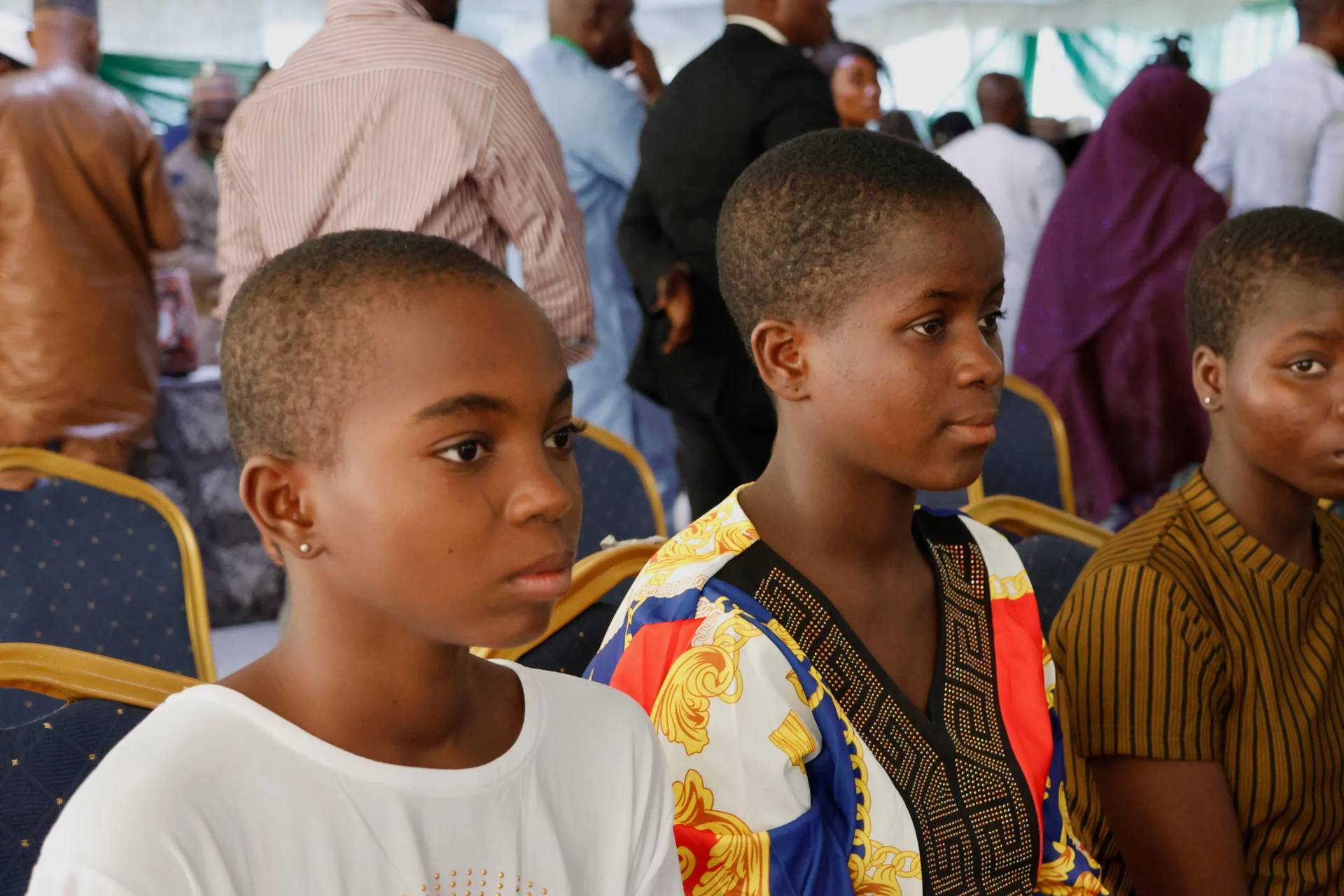YAOUNDÉ, Cameroon – As the crisis in the Central African Republic continues to get worse, the country’s bishops have accused United Nations peacekeepers of failing in their duty to protect civilians.
Meeting at their plenary assembly, which ended Jan. 14, the bishops deplored “the duplicity of some contingents that let the situation deteriorate under their eyes.”
The bishops’ statement said “such behavior only aggravates the already critical situation of the country.”
The Central African Republic has experienced instability since 2013, when Séléka, a Muslim-majority militia movement, overthrew the government. The Christian-dominated anti-Balaka militia then formed to fight the Séléka. French and African peacekeepers were deployed in January 2014 and drove the Séléka forces from the capital, Bangui.
With the government unable to exert authority beyond Bangui, armed groups and militias have taken control of more than 70 percent of the country.
The bishops said that beyond the capital Bangui and some cities, “the state has a merely formal presence. Civil and military personnel, even in areas where there are no armed groups, have no means to operate and their number is symbolic.”
“Armed bands are still fueling anarchy and imposing their rules on exhausted civilian populations, who no longer know where help will come from … In our dioceses, we witness this sad reality every day and deplore how our country remains in the grip of thugs,” the bishops’ statement said.
They said the rebels “repeatedly commit inhumane violence and serious human rights violations: rackets, arbitrary arrests, kidnapping, and torture.”
With herdsmen coming in across the border, conflicts with farmers have added to the country’s security woes. The bishops also complain that the porous border means that arms are easily trafficked into the country, and mercenaries are also coming in from countries like Chad, Sudan, Cameroon, Niger and Uganda.
“We ask the governments of these countries to show humanity by helping the Central African Republic to emerge from anarchy for the good of all. In fact, a destabilized country is an international problem,” the bishops said.
Two priests and at least 60 civilians were killed Nov. 15 in an attack on displaced people who had camped near the Catholic cathedral in the southern town of Alindao.
The bishops said the problem was made worse by the lack of cooperation between government forces and the UN military mission, called MINUSCA.
“We regret the slowness and inaction of certain MINUSCA contingents in their peacekeeping role. While our population ardently desires the redeployment of our own defense and security forces, some elements of these forces are racketeering just as much as the armed groups,” the bishops said.
They complained particularly about Moroccan peacekeepers in the east, the Pakistanis in Batangafo and Mauritanians in Alindao.
Speaking shortly after the attack in Alindao, the archbishop of Bangui, Cardinal Dieudonne Nzapalainga, said the UN peacekeepers did not fire a single bullet.
Amnesty International has also complained about the peacekeepers, calling for an international investigation into their lack of response at Alindao.
“It’s clear that they didn’t respond,” said Amnesty International’s Joanne Mariner. “The question is whether they were in a position to respond. We would like to see an international investigation carried out to assess whether they responded appropriately.”
A worsening humanitarian crisis
As the security crisis continues to worsen, the country is now faced with a deteriorating humanitarian situation.
The UN humanitarian office estimates that 2.9 million people will need humanitarian and protection assistance this year, more than 63 percent of a population of 4.6 million people.
“There is no food, schools have been closed, people are sick: The humanitarian situation is worse than it was two years ago,” said Father Luk Delft, the executive secretary of Caritas Central Africa.
“Since the beginning of the crisis, civilians have spontaneously come to take refuge on Church sites. The Church is always there and does not abandon them, but for 15 months, armed groups have also attacked the Church: it no longer offers protection,” the priest said.
At least 5 priests were killed in the Central African Republic last year.
“The state is absent, the peacekeepers no longer protect, and the civilians despair,” he added.
In their statement, the bishops called on armed groups “to lay down their arms, without untenable conditions, and end the crimes and sufferings.”
Speaking at the plenary, Nzapalainga said the only solution to the crisis in the country was “to love and unite as Central Africans.”














